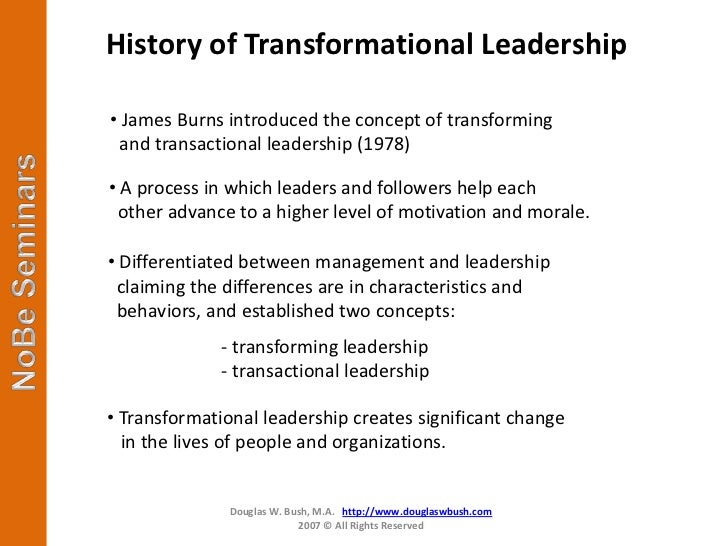New Articles
- ✔ Dark Side Of The Moon Pink Floyd Zip Download
- ✔ Die Zauberschule Magic Gold Edition Anleitung Schneeflocke
- ✔ Canoscan Lide 20 Driver Windows 7 X64 Product
- ✔ Nappy Roots Hum Dinger Zip
- ✔ Raghav Sachar Yeh Ladka Hai Allah Mp3 Song Free Download
- ✔ Download Game Diablo 3 Offline Full
- ✔ Cuentos Chinos Andres Oppenheimer Pdf Gratis
- ✔ Indian Serial Dil Dosti Dance
- ✔ Pink Floyd Dark Side Of The Moon Immersion Rare
- ✔ Actia Multi Diag Keygen Mac
- ✔ Active Portfolio Management Grinold Kahn Pdf Creator
- ✔ Nvidia 3dtv Play Activator Trial Reset
- ✔ Installation Success Or Error Status 1603 Windows 8
- ✔ Majka Serial Online Odcinki
- ✔ Stellar Phoenix Convert Ost Pst Keygen
- ✔ Crack Adobe Audition Cs6 Per Mac Restoration
- ✔ Quick And Easy Web Builder Serial
- ✔ Free Download Video Super 7 Best Friend Forever
- ✔ New Tamil Movie Dj Remix Songs Free Download
- ✔ Joint Operations Typhoon Rising Patch Scotch
- ✔ Flux Alchemist Crack
- ✔ Easy Fit 5 5 Keygen Music
